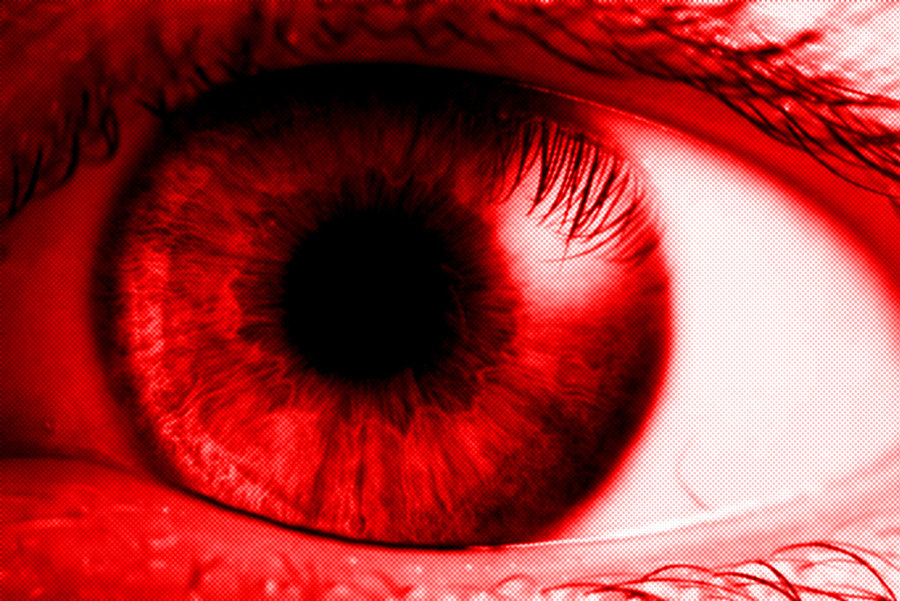During that SOURCE Boston session on security burnout last week, someone in the audience made an important observation: One of the reasons depression runs deep in the security industry is because hackers spend most of their time staring at a screen.
Mood music:
When a researcher is trying to break into system weaknesses, there’s an obsession to it. You can’t pull away. You have to keep traveling deeper and deeper down the rabbit hole in the hunt for your prize. When that’s all you do, there’s no room for the things that make for a more balanced life: hobbies, time with friends and family, simple walks in the sun.
That leads to depression, cynicism and worse.
The audience member who pointed that out said his life changed dramatically when he started letting the other activities in. I had the same experience, though not as a hacker. Which goes to show that like many of the mental health challenges we’ve been talking about in the security community, the malady strikes people from every walk of life.
Before security, I was a journalist by profession. I spent many late nights chasing fire trucks, cop cars and ambulances. I sat through way too many city council and selectmen meetings to count, and after all the chasing I had to go write about it.
If I was chasing a story, nothing was going to divert my attention. Meals weren’t getting in the way. Sleep didn’t stand a chance unless I was sick from nervous exhaustion. And aside from lying on the couch gorging on TV, I had no real hobbies.
It took years of therapy, a prescription for Prozac and a lot of soul searching before I realized how critical it is to have balance.
I learned to take my family time more seriously and even rearrange my work schedule around it. I picked the guitar back up 20 years after I put it down to dive into work obsessions. I rediscovered the importance of taking walks, especially with Erin. And I learned to build a day into business trips where I could walk around and drink up the culture of where I was.
Life’s a whole lot better now. I still get depressed, but I come out of it more quickly.
For those in the hacking community who are clinging to sanity by a thread, it’s an important lesson.

